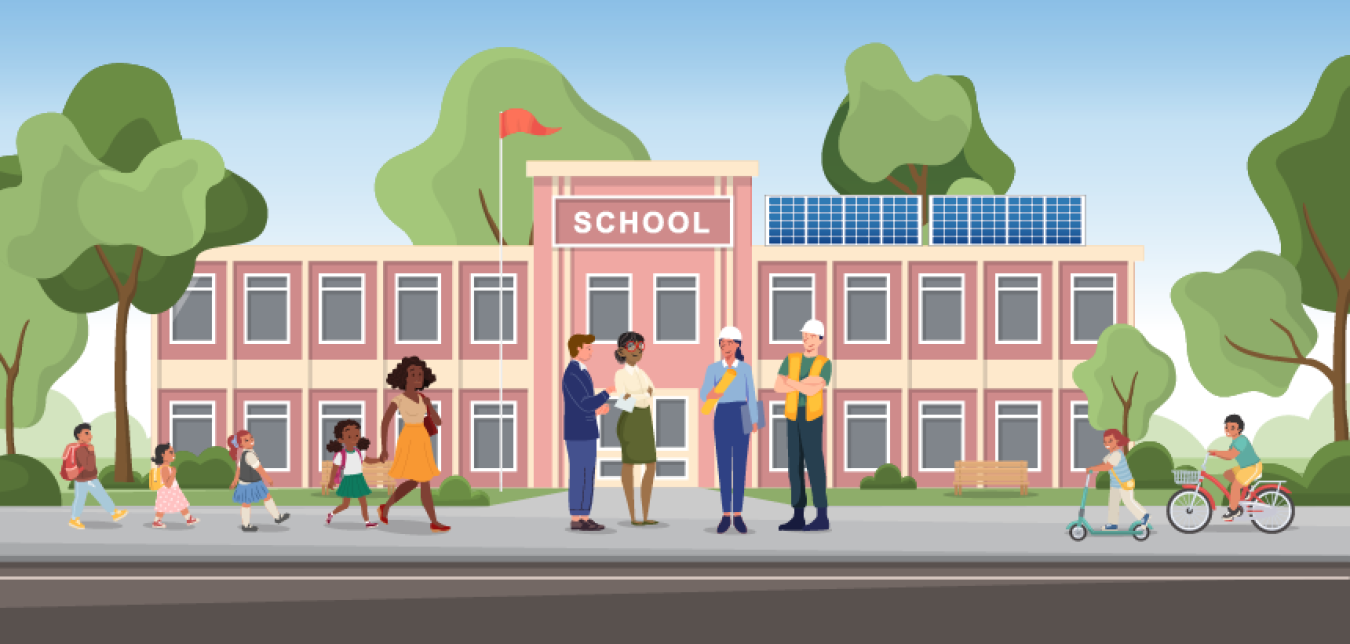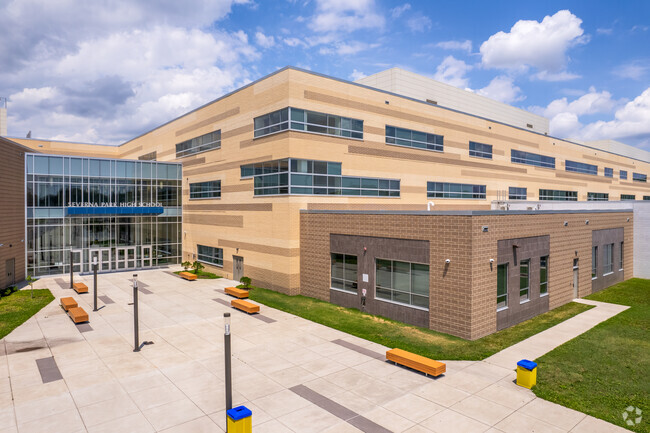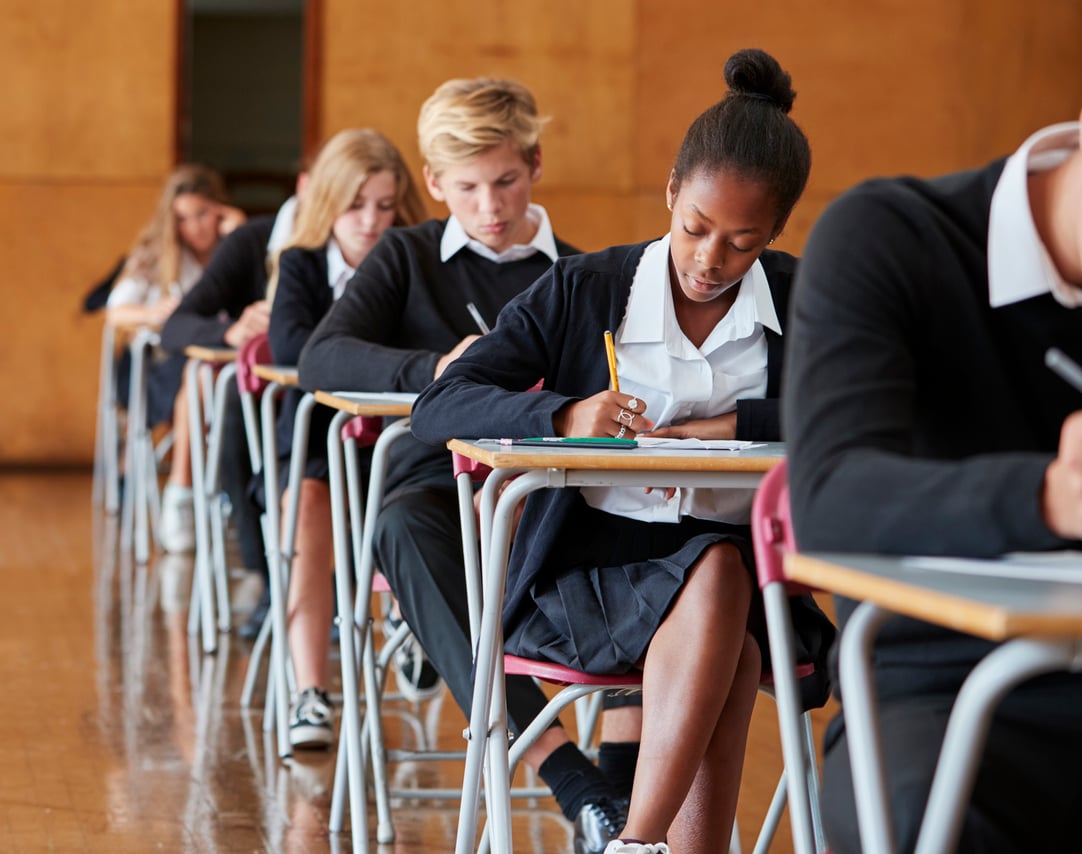Sign Up With Us: Events and Initiatives to Save Temecula Schools
Sign Up With Us: Events and Initiatives to Save Temecula Schools
Blog Article
Understanding the Relevance of Schools in Child Development and Neighborhood Development
Schools' involvement with neighborhood areas with service-learning efforts reinforces the bond in between family members and academic institutions. This symbiotic connection underscores the importance of colleges in nurturing energetic citizenship and long-lasting discovering habits.
Academic Success
Academic success functions as a foundation of youngster advancement, offering the foundation upon which future learning and success are constructed. Institutions play an essential duty in cultivating this academic growth, providing structured settings where kids can get important knowledge and cognitive abilities. Standardized educational program guarantee that pupils gain efficiency in core subjects such as mathematics, science, and language arts, which are important for both higher education and specialist chances.
Along with imparting basic academic abilities, schools likewise cultivate vital thinking, analytic capabilities, and intellectual interest. These cognitive proficiencies are vital for browsing intricate real-world situations and adapting to the ever-evolving demands of the modern-day workplace. Teachers, as facilitators of discovering, use diverse instructional methods to deal with different understanding styles, thus optimizing specific student potential.
In addition, academic success is closely connected to self-worth and motivation. Children who experience scholastic accomplishments are most likely to establish a positive self-concept and a lifelong enthusiasm for understanding. Institutions also provide different resources, such as libraries and innovation, which additionally boost the academic experience and prepare students for a technologically sophisticated society.
Social Ability Development
Beyond academic achievement, the duty of colleges in social skill development is vital. Schools function as a primary venue for kids to find out and exercise essential social skills such as communication, participation, and problem resolution. In the organized environment of a class, pupils engage with peers, educators, and other school team, providing countless possibilities to establish these vital capacities.
Effective social ability advancement in institutions is assisted in via team activities, collaborative jobs, and extracurricular programs. These communications help students understand social standards, develop compassion, and cultivate a sense of neighborhood. Team tasks teach pupils exactly how to function together towards a common objective, listen to various perspectives, and navigate arguments constructively.

The cultivation of social skills throughout school years lays a foundation for future personal and expert partnerships. Save Temecula Schools. As students mature, the capacity to successfully work together and communicate ends up being significantly important, underscoring the institution's critical role in holistic youngster development
Exposure to Diversity
Exposure to diversity in colleges is basic to fostering an inclusive mindset and broadening trainees' perspectives. Schools offer as a microcosm of the broader society, and experiencing diverse cultures, languages, and internet socioeconomic histories within this setting outfits pupils with essential skills for navigating a progressively globalized globe. This direct exposure motivates compassion, lowers bias, and advertises shared respect amongst peers.
Varied class likewise boost cognitive and social development. Research indicates that students who communicate with peers from varied backgrounds display far better analytic skills and imagination. They learn to appreciate different viewpoints, which enhances class conversations and promotes a much more dynamic discovering experience. This understanding of diversity prepares students for future offices that value multicultural competence.

Area Engagement
The benefits of diverse classrooms extend past the college walls, fostering a solid feeling of area involvement among students. By interacting with peers from numerous social, socioeconomic, and ethnic histories, pupils obtain a more comprehensive point of view and an admiration for variety. This direct exposure urges them to become active residents who are ready to contribute favorably to their communities.
Schools that emphasize community interaction commonly include service-learning tasks, which enable discover here trainees to deal with real-world troubles while using academic skills. These projects not only boost pupils' understanding of their coursework however likewise instill a feeling of responsibility and compassion. In addition, collaborations between schools and regional organizations provide pupils with possibilities to get involved in neighborhood events, additionally solidifying their role as proactive community members.
Additionally, parental and neighborhood participation in schools enhances the bond between academic establishments and the communities they serve. Via these initiatives, colleges play a pivotal function in nurturing area involvement and fostering societal development.
Lifelong Understanding Habits
Developing long-lasting understanding habits is vital for a kid's continuous development and flexibility in an ever-changing globe. Colleges play a pivotal role in instilling these practices by producing an atmosphere that fosters interest, essential thinking, and a love for understanding. With extracurricular tasks and varied educational programs, teachers motivate students to discover different subjects, evaluate information critically, and apply their finding out to real-world scenarios.

Furthermore, colleges provide a structured setting where youngsters can establish self-control and time management abilities, both of which are critical for constant discovering. By stressing the importance of setting objectives, reviewing progress, and adapting strategies, schools prepare pupils to navigate the complexities of grown-up life, ensuring they stay long-lasting students and factors to society.
Verdict
In conclusion, schools are essential in promoting youngster growth and community development by supplying settings conducive to scholastic accomplishment, social skill growth, and direct exposure to diversity. Inevitably, schools grow long-lasting knowing habits, outfitting people with the required understanding and abilities to contribute favorably to society.
In the organized setting of a classroom, trainees interact with peers, educators, and other institution personnel, providing countless chances to create these vital abilities.
In essence, direct exposure to diversity within colleges not only enhances specific official source students but also enhances the social material of the community as a whole.
The advantages of diverse class extend beyond the college wall surfaces, fostering a solid feeling of community interaction amongst trainees.Schools that highlight area involvement usually incorporate service-learning jobs, which allow students to deal with real-world issues while using academic skills. Partnerships in between institutions and neighborhood companies provide students with possibilities to participate in area occasions, additionally strengthening their duty as aggressive community participants.
Report this page